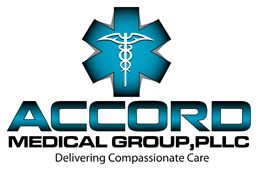Toe (Phalange) Fracture
Introduction
Anatomy
Causes
Symptoms
Diagnosis
Your podiatrist can diagnose a fractured toe by reviewing your medical history and injury circumstances, and examining you. An X-ray will be taken to see the fracture.
Treatment
Surgery
Recovery
Prevention
Am I at Risk
You may have an increased risk of a toe injury if you do not wear shoes. People that participate in certain sports or ballet may have an increased risk of toe fracture.

Copyright © - iHealthSpot Interactive - www.iHealthSpot.com
This information is intended for educational and informational purposes only. It should not be used in place of an individual consultation or examination or replace the advice of your health care professional and should not be relied upon to determine diagnosis or course of treatment.
The iHealthSpot patient education library was written collaboratively by the iHealthSpot editorial team which includes Senior Medical Authors Dr. Mary Car-Blanchard, OTD/OTR/L and Valerie K. Clark, and the following editorial advisors: Steve Meadows, MD, Ernie F. Soto, DDS, Ronald J. Glatzer, MD, Jonathan Rosenberg, MD, Christopher M. Nolte, MD, David Applebaum, MD, Jonathan M. Tarrash, MD, and Paula Soto, RN/BSN. This content complies with the HONcode standard for trustworthy health information. The library commenced development on September 1, 2005 with the latest update/addition on February 16, 2022. For information on iHealthSpot’s other services including medical website design, visit www.iHealthSpot.com.

